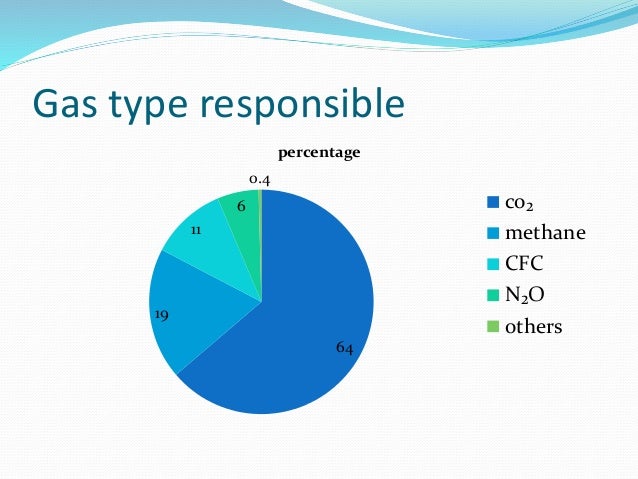Chemistry for greenhouse gases Novel metal catalysts may be able to turn greenhouse gases into liquid fuels without producing more carbon waste Liviu Mirica (left), assistant professor of chemistry in Arts &The gases that contribute to the greenhouse effect include water vapor, carbon dioxide (CO2), methane, nitrous oxides, and chlorofluorocarbons (CFCs) On Earth, human activities are changing the natural greenhouseMethane is the next of the greenhouse gases which has the biggest effect on global warming (15%) This is generated by activities such as livestock production, agriculture, sewage treatment, natural gas and oil distribution , coal mining, fuel use and is also given off from waste tips

Green House Effect
